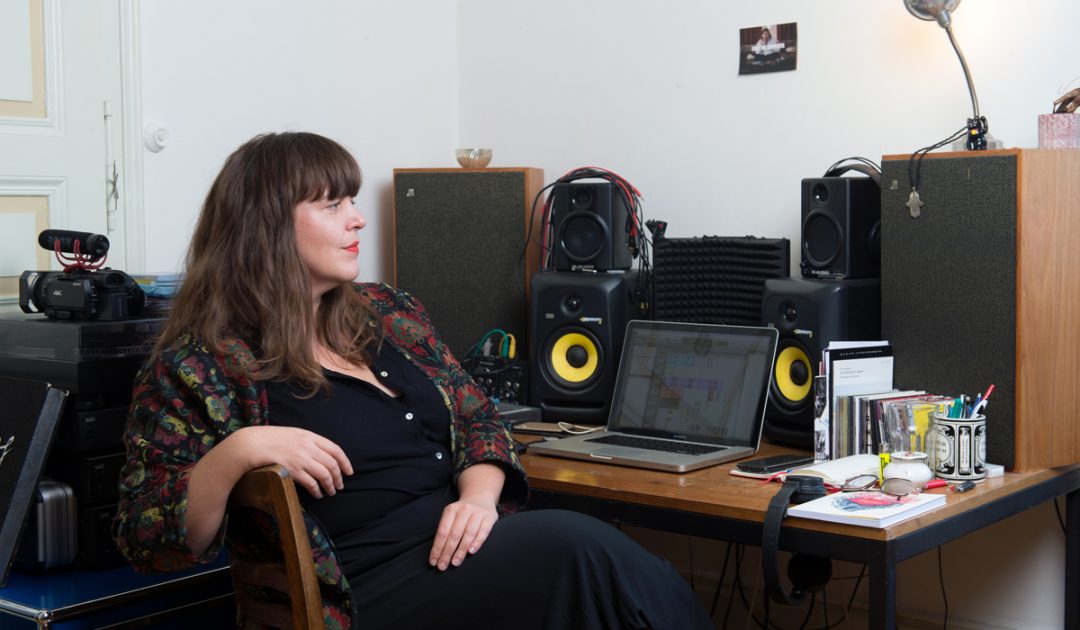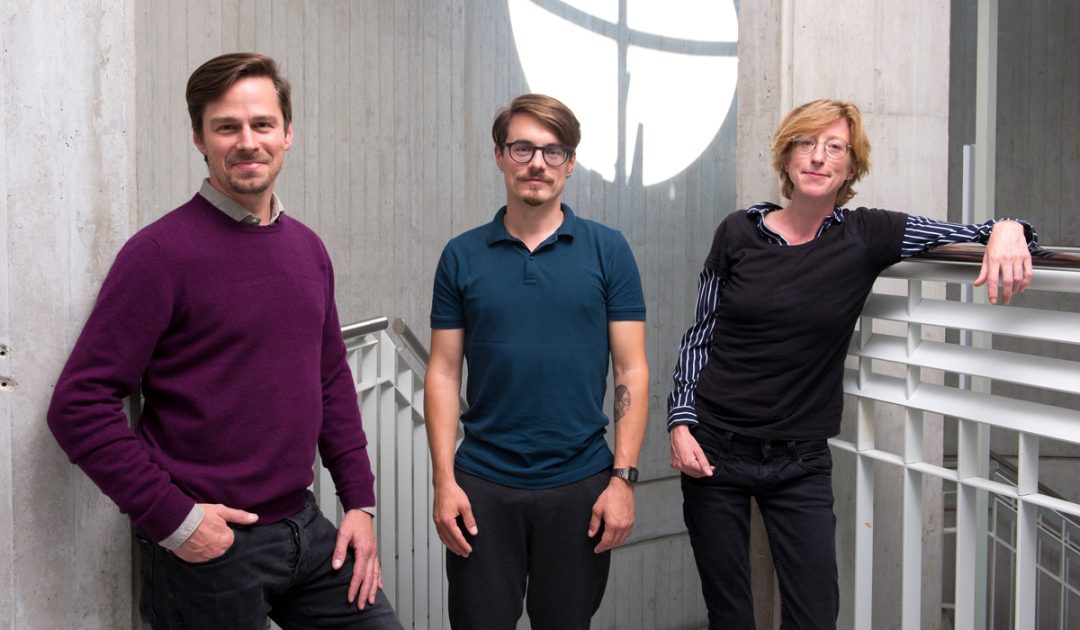Quand on veut, on peut. Motivant ? Pas seulement. Cet état d’esprit peut aussi être vecteur d’inégalités. Rencontre avec Anatolia Batruch, psychologue sociale à l’Université de Lausanne, qui dédie ses recherches à l’étude de la méritocratie.
Quelle est cette idéologie ? D’où vient-elle ? Quelles en sont les conséquences ? Peut-on les éviter ? Les réponses se trouvent ici :
>>> Ou écoutez le podcast sur iTunes
Musique : « Dare to Dream » par BalloonPlanet (Artlist)
Pour aller encore plus loin : références bibliographiques
- Autin F., Batruch A., Butera F. (2019). The function of selection of assessment leads evaluators to artificially create the social class achievement gap. Journal of Educational Psychology, 111(4), 717–735.
- Batruch, A., Jetten, J., van de Werfhorst, H., Darnon, C., & Butera, F. (2022). Belief in school meritocracy and the legitimation of social and income inequalities. Accepted for publication in Social Psychological and Personality Science.
- Bol T., Witschge J., Van de Werfhorst H. G., Dronkers J. (2014). Curricular tracking and central examinations: Counterbalancing the impact of social background on student achievement in 36 countries. Social Forces, 92, 1545-1572. Calarco, J. M. (2011). “I need help!” Social class and children’s help-seeking in elementary school. American Sociological Review, 76(6), 862-882.
- Calarco, J. M. (2014). Coached for the classroom: Parents’ cultural transmission and children’s reproduction of educational inequalities. American Sociological Review, 79(5), 1015-1037.
- Castilla E. J., Benard S. (2010). The paradox of meritocracy in organizations. Administrative Science Quarterly, 55, 543-576.
- Pansu P., Dubois N., Dompnier B. (2008). Internality-norm theory in educational contexts. European Journal of Psychology of Education, 23, 385–397.
- van de Werfhorst H. G., Mijs J. J. B. (2010). Achievement inequality and the institutional structure of educational systems: A comparative perspective. Annual Review of Sociology, 36, 407–428.





